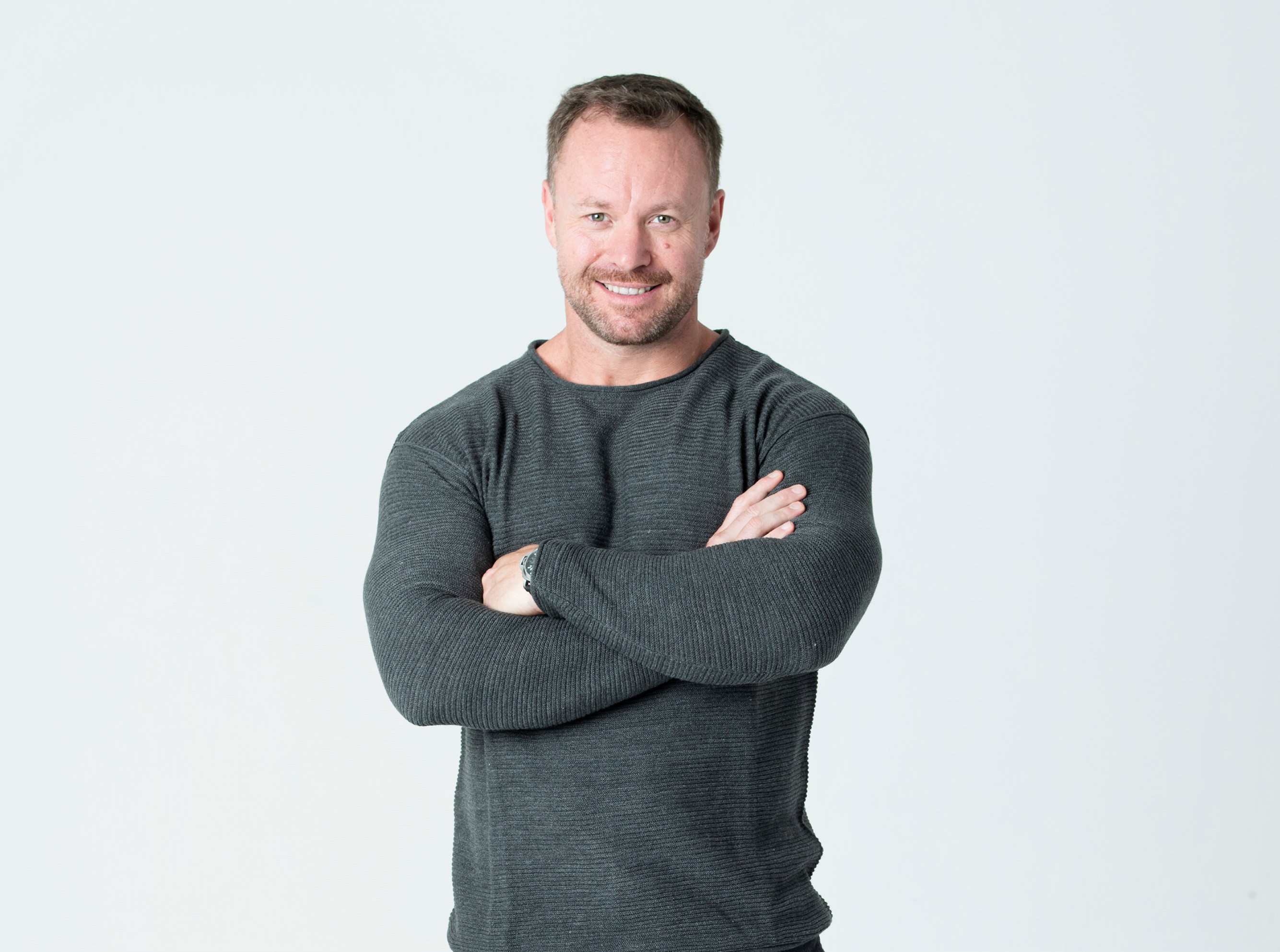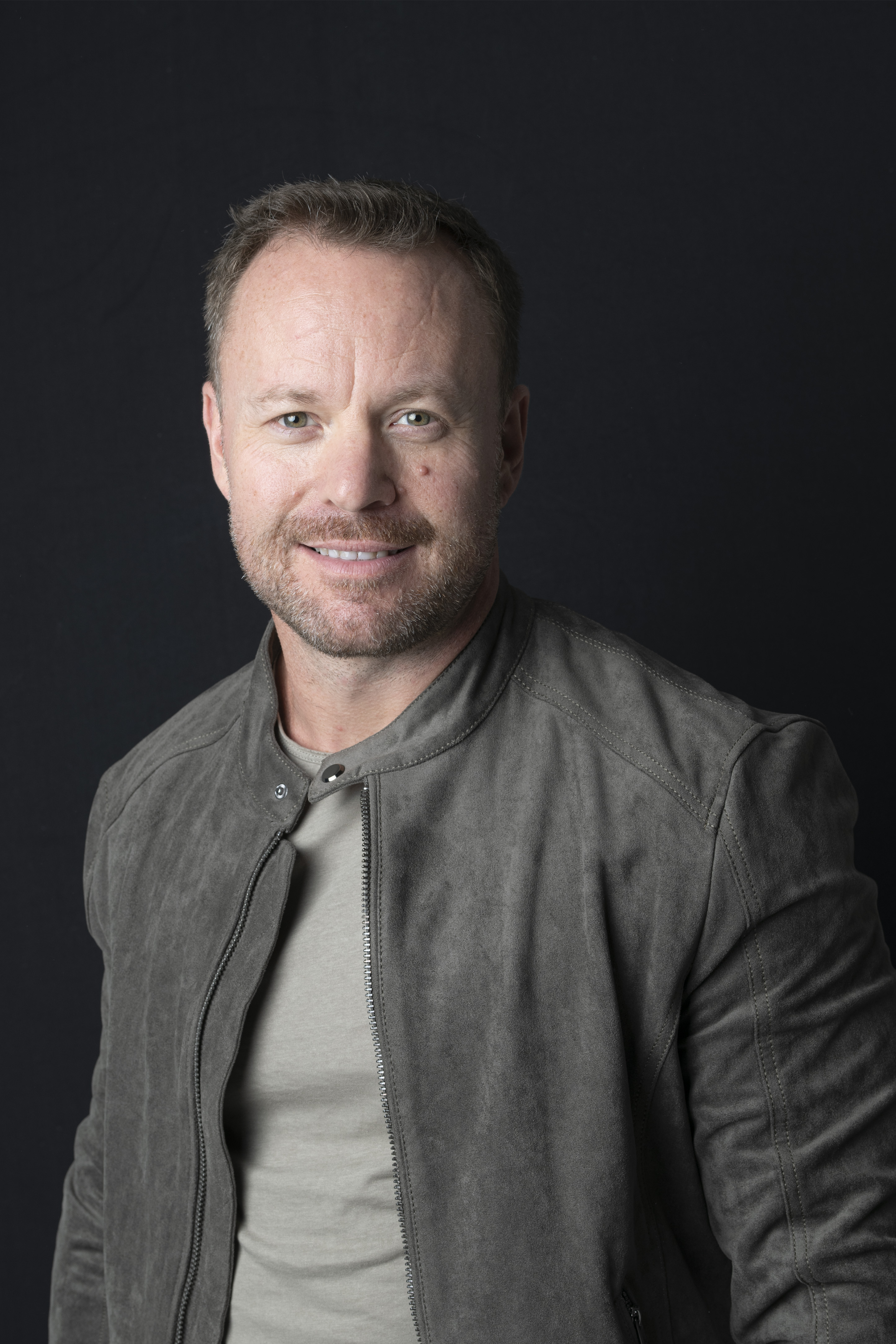
What is your definition of success?
Happiness. And the happiness I’m really connecting with the most right now is that sense of contentment of being able to sit with myself and look at all of my light and all of my dark – especially my dark, and just looking at it and going, ‘I’m still a good human being, I’m still a good person’. Regardless of whatever light or dark shows up ultimately, I’m worthy.
It’s a happiness that comes from getting to that point where I’m developing a level of acceptance in myself. It’s that feeling of being ok with who I am.
How important is it to embrace failure?
It’s about learning how to develop a healthy relationship with failure and being able to navigate what that relationship looks like depending on how it shows up.
Failure is nothing more than a form of feedback.
For example, I feel like the first 35 years of my life I lost everything. What I mean by that is whether it was computer games, sport or school – I used to lose a lot. I became so conditioned to losing, that losing the baseline. Even if I was playing a ping pong match or a game of pool – I just assumed every time I played a game I was just going to lose and as a result, I got really comfortable with losing, to the point where it didn’t bother me anymore.
Then, as I started to win at things and in life and in different areas, I realized that a lot of it had to do with the fact that I was so good at losing. I could take a loss without the emotional consequences because of the level of exposure therapy – I had been exposed to loss and failure for so long that it had lost its emotional context.
I built a practical relationship with failure.

How important is it in your overall success to have a purpose?
Look, I don’t think it’s important to have it at all, I think most of our life should be dedicated to working towards working it out. I think too often we think we need it and that our lives are meaningless until we find it, but I don’t think that’s true. The greatest amount of meaning often comes in the pursuit of finding and uncovering what that purpose is and then once you know what that is you can do even more incredible things.
And it’s in the process of that discovery that we really find out who we are. It’s not until we know who we are that we discover what our purpose is.
The irony is everyone is looking for the purpose without knowing who they are but the process is to explore the world of who you are to uncover the purpose.
You know there’s 54 flavors of Ben and Jerry’s Ice Cream – most people like Cookies n Cream or Chocolate Chip Cookie Dough and that’s what they order every time they go in and then they wonder why they’re bored.
What are some of the creative strategies you used in the start-up phase?
I focused on the activities that were most likely to produce an income that enabled everything else to be accomplished at some point.
The question was, ‘Will this action bring me closer to making money?’ Because that’s the thing with every start-up, the longer it takes for money to hit the account, the sooner it’s going to be that ultimately you don’t have a business. So, for me, it was focusing on income-producing activities.
How important has self-care been in getting you to where you are today?
It’s so important. I’ve been so bad at it in the past. There was a lot of self-sacrifice for a really long time that led to a lot of self-deficit. And once I achieved a level of self-deficit that became detrimental then I started putting myself first and to be honest, I can say I’ve only been really engaging in a high level of self-care consciously for maybe the last 6-12 months.
Things like the little commitments and promises I make to myself from personal boundaries to business boundaries.
My relationship with self-care has evolved immensely to the point of understanding the 360-degree nature of it all the way up to what clothes I wear and how that actually makes me feel to the right support I need to help me perform. For example, with my EA Renee, we were recently talking about the Fast Growth Summit Social Media Series tour, and she was trying to work out how to best support me.
I asked her to tell me about the sport she did as a kid – she said tennis. I said, ‘Great – who’s your favorite tennis player?’ She said, Federer. I said, ‘Ok, for the duration of the next four weeks, I’m Federer and you’re my manager and every night three nights of the week I’m going out on the court and I’m going to be playing a match between 90 minutes and four hours and winning that match is my number one priority. Everything else comes secondary.’
She understood and said, ‘Great I’ll protect your time and everything else that’s happening has to have massive levels of flexibility and fluidity’.

It’s about understanding that I’m an athlete in a business environment. In the past, I’ve conformed to a corporate performance model even though I’m fully aware of the athletic model of performance in business, but it wasn’t until I had that conversation with Renee when the penny dropped – what do athletes need in order to perform? They need self-care. What do they need in order to have great levels of self-care? They need to have their routines and their setups and protecting their space and yeah so for me it was a biggie.
What’s the best piece of advice you can give readers?
The sooner you build a conscious, and healthy relationship with failure, the sooner you will be able to move forward at a rate of knots faster than you ever dreamed possible and truly receive the gifts that failure is trying to give you.
Connect with Kerwin




